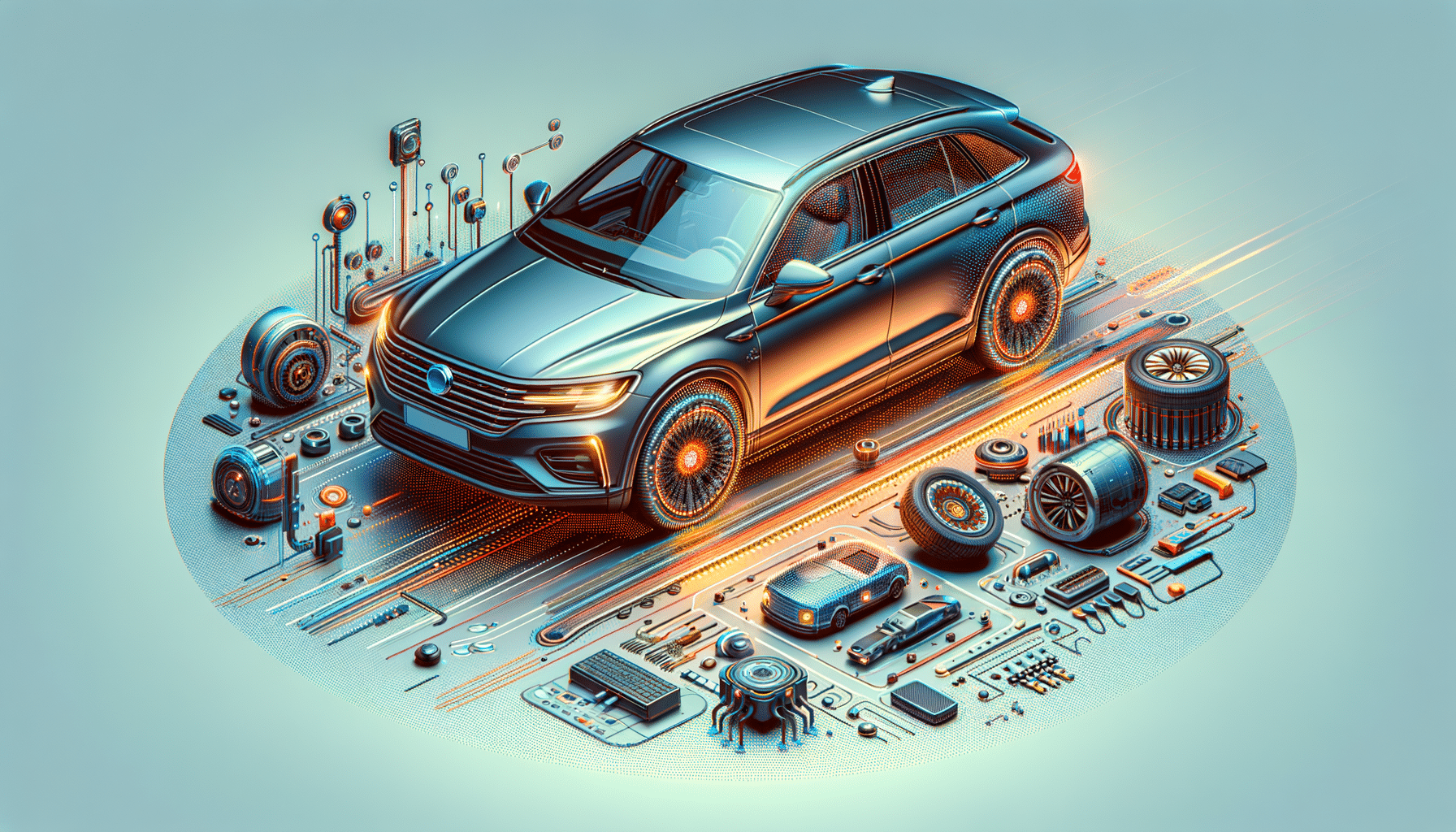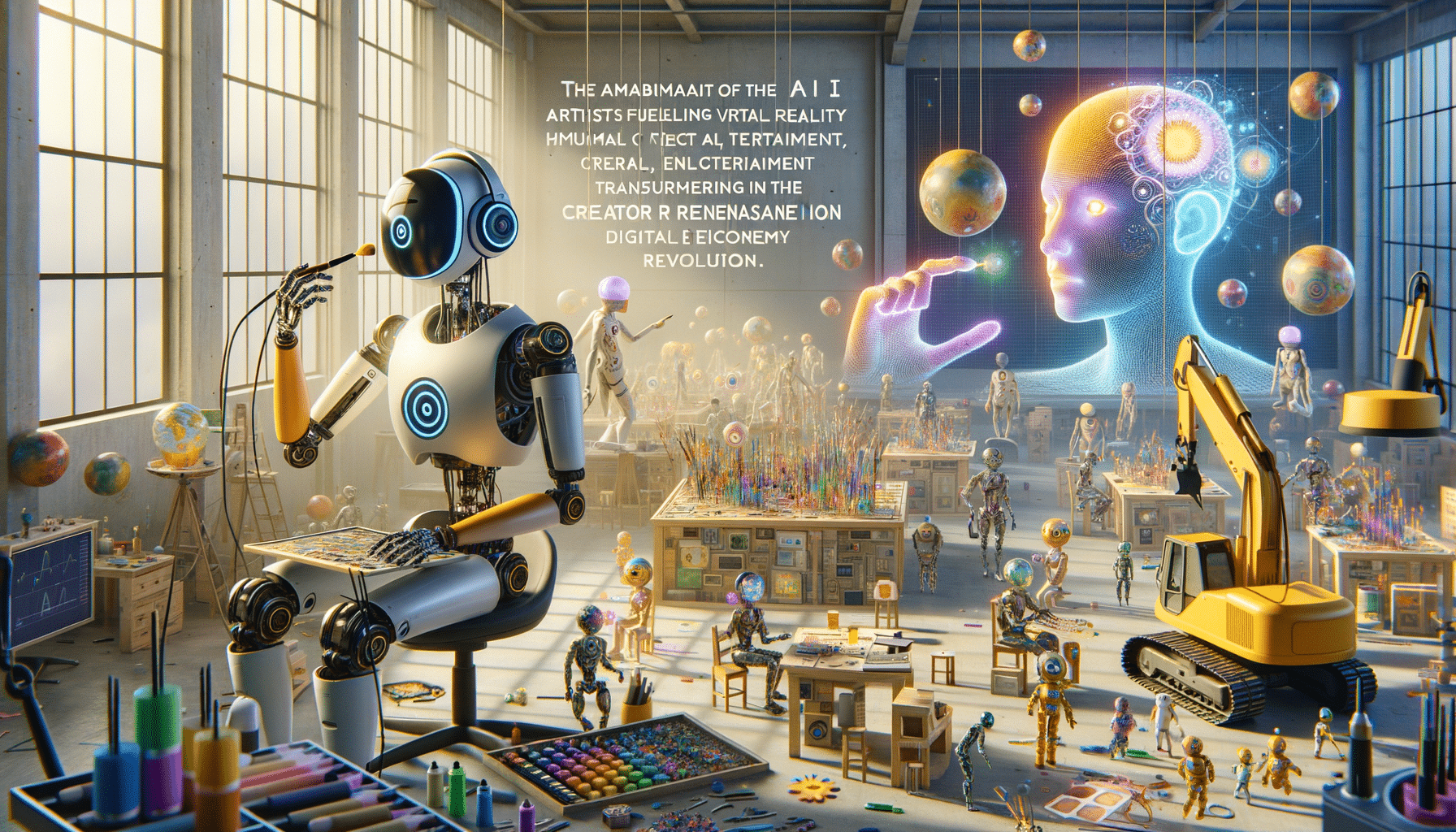
The Evolution of Automotive Technology
The automotive industry has witnessed remarkable technological advancements over the decades. From the introduction of the assembly line by Henry Ford to the development of electric vehicles, the industry has continuously evolved to meet consumer demands and environmental standards. The integration of advanced driver-assistance systems (ADAS) is a testament to the industry’s commitment to enhancing safety and convenience. Features such as adaptive cruise control, lane-keeping assist, and automatic emergency braking are becoming standard in many modern vehicles.
Moreover, the rise of connected cars is transforming the driving experience. These vehicles are equipped with internet access and can communicate with other devices, offering features like real-time traffic updates, remote diagnostics, and over-the-air software updates. As technology continues to advance, the future of automotive technology promises even more innovations, such as autonomous driving and improved energy efficiency.
Sustainability in the Automotive Industry
Sustainability has become a focal point for the automotive industry as concerns about climate change and environmental impact grow. Automakers are investing heavily in the development of eco-friendly vehicles, with electric vehicles (EVs) leading the charge. EVs produce zero tailpipe emissions, making them a cleaner alternative to traditional internal combustion engine vehicles.
In addition to EVs, manufacturers are exploring other sustainable technologies, such as hydrogen fuel cells and biofuels. Efforts to reduce the carbon footprint extend beyond the vehicles themselves, with companies adopting sustainable practices in manufacturing and supply chain management. The shift towards a circular economy, where materials are reused and recycled, is gaining momentum in the industry.
The Impact of Electric Vehicles
Electric vehicles are reshaping the automotive landscape, offering a cleaner and more efficient mode of transportation. The growing popularity of EVs is driven by advancements in battery technology, which have improved range and reduced charging times. Governments worldwide are supporting this transition with incentives and policies aimed at reducing carbon emissions.
However, the widespread adoption of EVs presents challenges, such as the need for extensive charging infrastructure and the environmental impact of battery production and disposal. Despite these challenges, the benefits of EVs, including lower operating costs and reduced environmental impact, make them an attractive option for consumers and policymakers alike.
Autonomous Vehicles: The Future of Driving
Autonomous vehicles, or self-driving cars, represent a significant leap forward in automotive technology. These vehicles use a combination of sensors, cameras, and artificial intelligence to navigate roads without human intervention. The potential benefits of autonomous vehicles include increased safety, reduced traffic congestion, and improved mobility for those unable to drive.
While fully autonomous vehicles are not yet commonplace, ongoing research and testing are paving the way for their eventual integration into everyday life. Regulatory challenges and public acceptance remain hurdles to overcome, but the promise of safer and more efficient transportation continues to drive innovation in this field.
The Role of Innovation in Automotive Design
Innovation in automotive design goes beyond aesthetics, encompassing functionality, efficiency, and user experience. Modern vehicles are designed with aerodynamics in mind to improve fuel efficiency and reduce emissions. Interior design focuses on comfort and connectivity, with features like touchscreen infotainment systems and voice-activated controls becoming standard.
Materials used in automotive design are also evolving, with lightweight composites and high-strength steel improving performance and safety. As consumer preferences shift towards more personalized and sustainable options, automakers are exploring new ways to meet these demands through innovative design and engineering.
